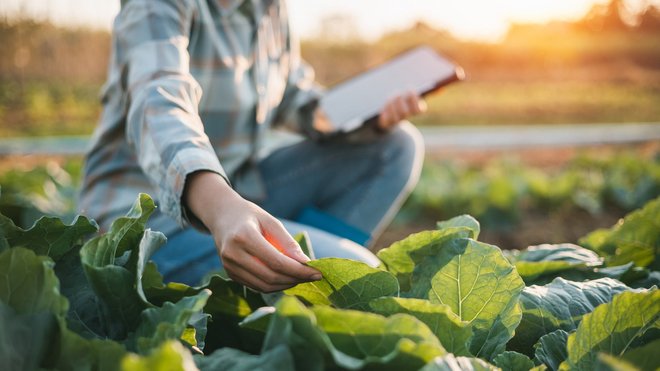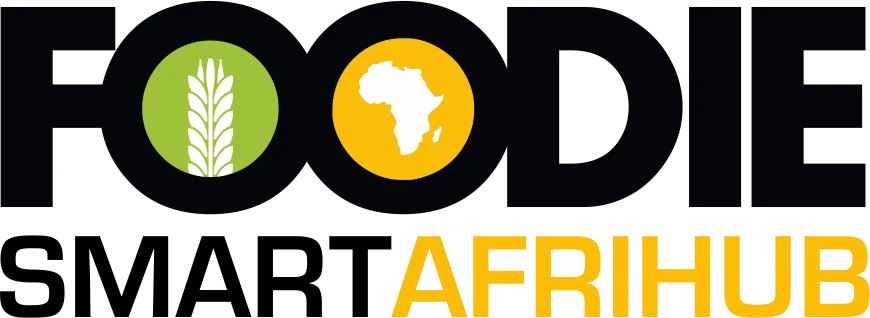Introduction to Precision Agriculture

Reading time
Content
Precision farming is a revolutionary approach to modern agriculture that uses advanced technology and data to optimise all aspects of crop and livestock farming. This innovative approach aims to increase the efficiency, productivity and sustainability of farming operations, which has a positive impact on the environment and the agricultural economy. Precision agriculture uses a wide range of technologies such as GPS, sensors, drones, and data analytics to enable farmers to monitor and manage everything from irrigation and fertilization to pest and disease management.
One of the key elements of precision agriculture is data collection and analysis. Farmers can collect data on soil, weather, crop growth and livestock production, and then use that data to make better plans and decisions. This means they can apply water and fertilizer with greater precision, reducing losses and improving yields. Precision farming also allows farmers to respond more quickly to possible problems and minimize risks. Overall, precision farming is not only a way to increase food production, but also to reduce the negative impact of farming on the environment and ensure the sustainability of farming operations for future generations.
